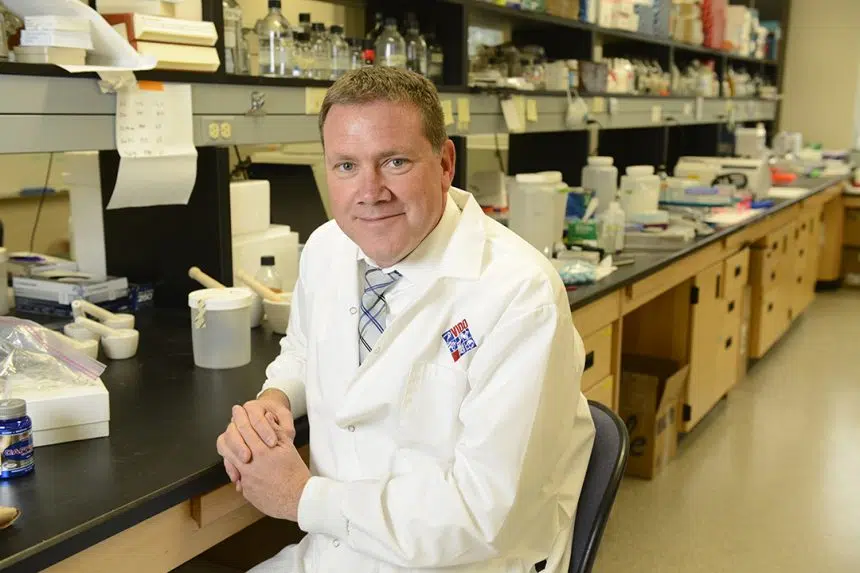A Saskatchewan organization is the first in Canada and ninth in the world to join a distinguished research network that focuses on developing vaccines for emerging diseases.
The University of Saskatchewan’s Vaccine and Infectious Disease Organization (VIDO) has joined the Coalition for Epidemic Preparedness Innovations (CEPI).
Volker Gerdts, director and CEO of VIDO, said that CEPI is the world’s largest organization that focuses on new and emerging diseases in a short time frame.
During the pandemic, CEPI helped provide billions of vaccine doses to lower and middle income countries, he explained on Gormley Monday.
According to VIDO, the partnership with CEPI is in preclinical research model development and testing innovations for human health.
“It’s all about getting ready to be better prepared for the next disease, and we’re now hiring the world’s best scientists to come to Saskatoon to join us in doing exactly that,” Gerdts said, adding that one of the network’s goals is to create a vaccine in just 100 days.
Gerdts said VIDO has some of the most advanced infrastructure and expertise to do preclinical testing — which is all the work required before a vaccine candidate moves to humans.
VIDO has grown by over 40 per cent, and is now Canada’s centre for pandemic research, thanks to many levels of government and private donors, Gerdts explained.
The organization has an in-house vaccine manufacturing facility that can create both human and animal vaccines, including those that require a high level of containment.
Gerdts said VIDO is also building a new animal facility to house exotic species that diseases can emerge from.
Bats are an example of these species, Gerdts said, noting they have been heavily involved in all of the significant disease events over the last decade.
“They have these viruses, they don’t get sick themselves, but they transmit them to other animals (and) even sometimes to humans,” he said.
Gerdts said part of the organization’s work is to understand the immune systems of bats and how they harbor diseases, adding that the organization also studies ticks, insects and mosquitos.
Gerdts said current work at VIDO includes finding cures for diseases that affect livestock industries, such as African Swine Fever in pigs.







